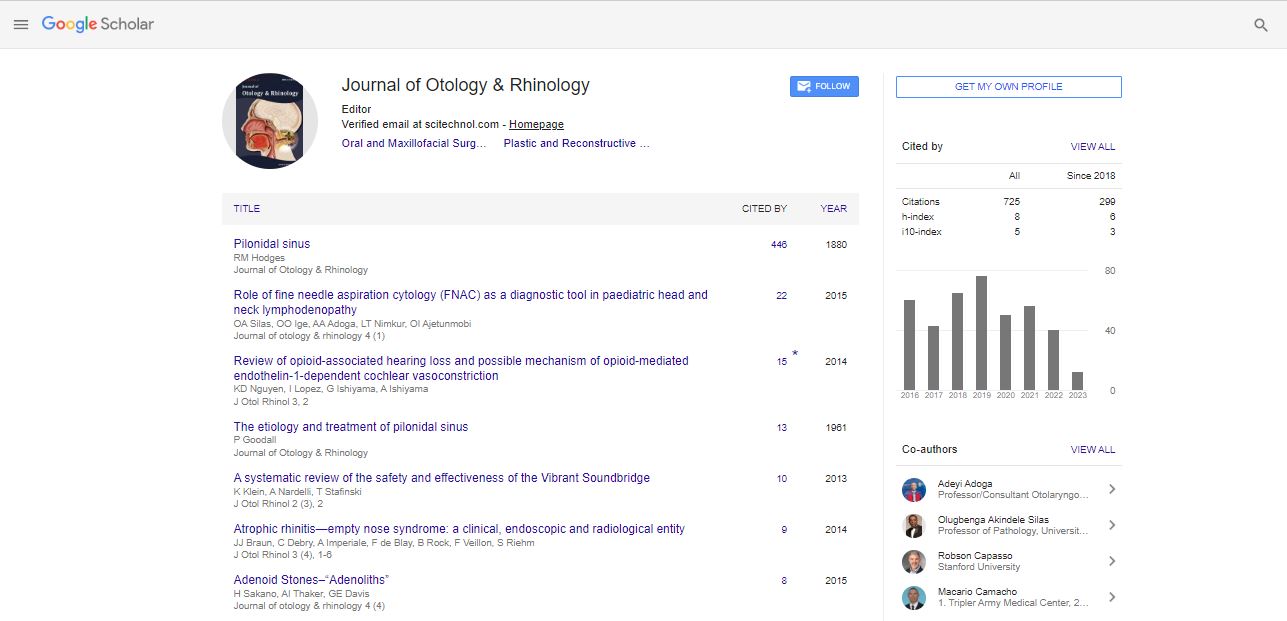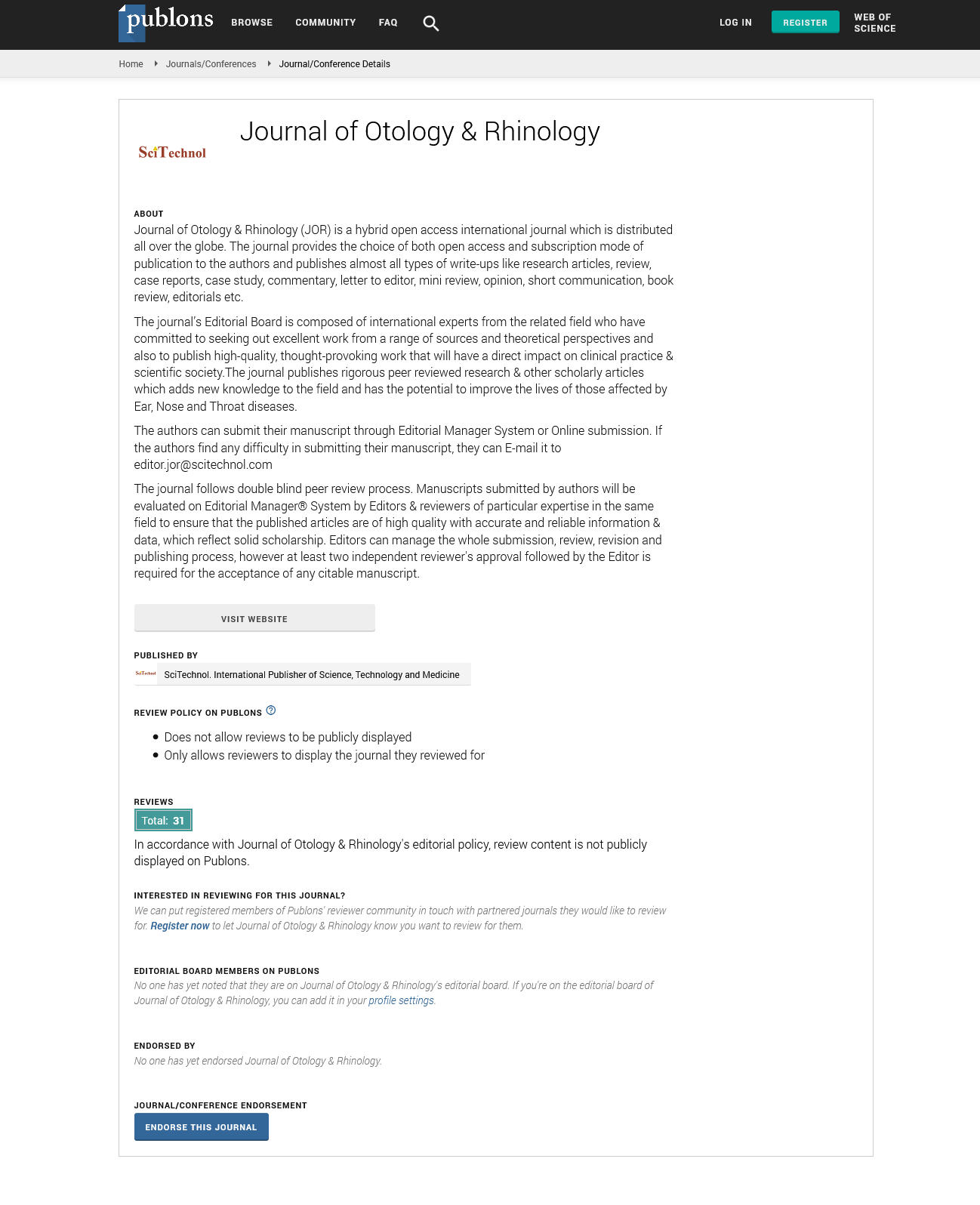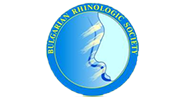Manipulation of the B7-H1 (PD-L1)-PD-1 axis for the treatment of head and neck cancer: A personal perspective
Scott Strome
University of Maryland School of Medicine, USA
: J Otol Rhinol
Abstract
The ability to block PD-1:PD-L1 interactions has altered our approach to the management of many solid malignancies including head and neck cancer. Despite the success of these therapies, many otolaryngologists-head and neck surgeons have only limited familiarity with the role of such immuno-oncologic strategies in the management of head and neck cancer. In this talk, author – an inventor of PD-L1 blockade for the treatment of cancer will describe some of the original work that identified the PD-1:PD-L1 pathway as a target for cancer therapy, the current role of anti-PD-1/PD-L1 blocking antibodies in the management of head and neck cancer, and potential future directions for manipulating co-signaling pathways for head and neck cancer therapy.
Biography
Scott Strome is a Professor and Chairman of the Department of Otorhinolaryngology and Interim Chairman of the Department of Dermatology at University of Maryland School of Medicine. He previously served as Interim Chairman of the Department of Ophthalmology and Visual Sciences and as Founder/Former Leader of the program in tumor immunology and immunotherapy at Marlene and Stewart Greenebaum Cancer Center. He has contributed nationally as chairman of two NIH special emphasis panels and membership on the Recombinant DNA Advisory Committee. He has excelled in creating drugs and procedures with direct clinical impact. For example, as a Harvard Medical Student, he worked with his father and developed the in vivo models that ultimately resulted in the first human larynx transplant. Similarly, at the Mayo Clinic, he worked with Lieping Chen, MD, to define the translational potential of two co-stimulatory molecules, B7-H1 (PDL-1) and 4-1BB.
 Spanish
Spanish  Chinese
Chinese  Russian
Russian  German
German  French
French  Japanese
Japanese  Portuguese
Portuguese  Hindi
Hindi 


